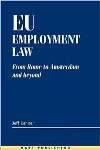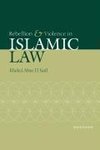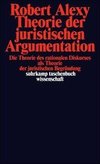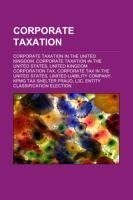
-
 Anglický jazyk
Anglický jazyk
Corporate taxation
Autor: Source: Wikipedia
Source: Wikipedia. Pages: 63. Chapters: Corporate taxation in the United Kingdom, Corporate taxation in the United States, United Kingdom corporation tax, Corporate tax in the United States, Limited liability company, KPMG tax shelter fraud, L3C, Entity... Viac o knihe
Na objednávku, dodanie 2-4 týždne
18.90 €
bežná cena: 21.00 €
O knihe
Source: Wikipedia. Pages: 63. Chapters: Corporate taxation in the United Kingdom, Corporate taxation in the United States, United Kingdom corporation tax, Corporate tax in the United States, Limited liability company, KPMG tax shelter fraud, L3C, Entity classification election, Corporation tax in the Republic of Ireland, Accounting period, Dividend imputation, Socialism for the rich and capitalism for the poor, Combined reporting, IR35, S corporation, Windfall profits tax, Formulary apportionment, Taxation of private equity and hedge funds, Bottom of the harbour tax avoidance, Series LLC, Comparison of Cash Method and Accrual Method of accounting, Insurance in the United Kingdom, Windfall Tax, Misclassification of employees as independent contractors, Dividends received deduction, Internal Revenue Code section 79, C corporation, Participation exemption, Blocker corporation, Unrelated Business Income Tax, Advance corporation tax, Thin capitalisation, Substantial shareholdings exemption, Excess profits tax, Tax consolidation, United Kingdom corporation tax loss relief, Undistributed profits tax, Corporate Tax in the Netherlands, Swiss referendum, February 2008, Flow-through entity, Franchise tax, PCTCT. Excerpt: Corporation tax is a tax levied in the United Kingdom on the profits made by companies and on the profits of permanent establishments of non-UK resident companies and associations that trade in the EU. Prior to the tax's enactment on 1 April 1965, companies and individuals paid the same income tax, with an additional profits tax levied on companies. The Finance Act 1965 replaced this structure for companies and associations with a single corporate tax, which borrowed its basic structure and rules from the income tax system. Since 1997, the UK's Tax Law Rewrite Project has been modernising the UK's tax legislation, starting with income tax, while the legislation imposing corporation tax has itself been amended; the rules governing income tax and corporation tax have thus diverged. Corporation tax is governed by the Income and Corporation Taxes Act 1988 (as amended). Originally introduced as a classical tax system, in which companies were subject to tax on their profits and companies' shareholders were also liable to income tax on the dividends that they received, the first major amendment to corporation tax saw it move to an imputation system in 1973, under which an individual receiving a dividend became entitled to an income tax credit representing the corporation tax already paid by the company paying the dividend. The classical system was reintroduced in 1999, with the abolition of advance corporation tax and of repayable dividend tax credits. Another change saw the single main rate of tax split into three. Tax competition between jurisdictions has reduced the main rate to 28%, and the main rate is planned to reduce to 26% from April 2011. The UK government has faced problems with its corporate tax structure, including European Court of Justice judgements that aspects of it are incompatible with European Union treaties. Tax avoidance schemes marketed by the financial sector have also proven an irritant, and been countered by complicated anti-avoidance legislation.
- Vydavateľstvo: Books LLC, Reference Series
- Rok vydania: 2013
- Formát: Paperback
- Rozmer: 246 x 189 mm
- Jazyk: Anglický jazyk
- ISBN: 9781150961281
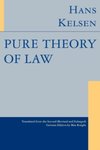


 Nemecký jazyk
Nemecký jazyk 
